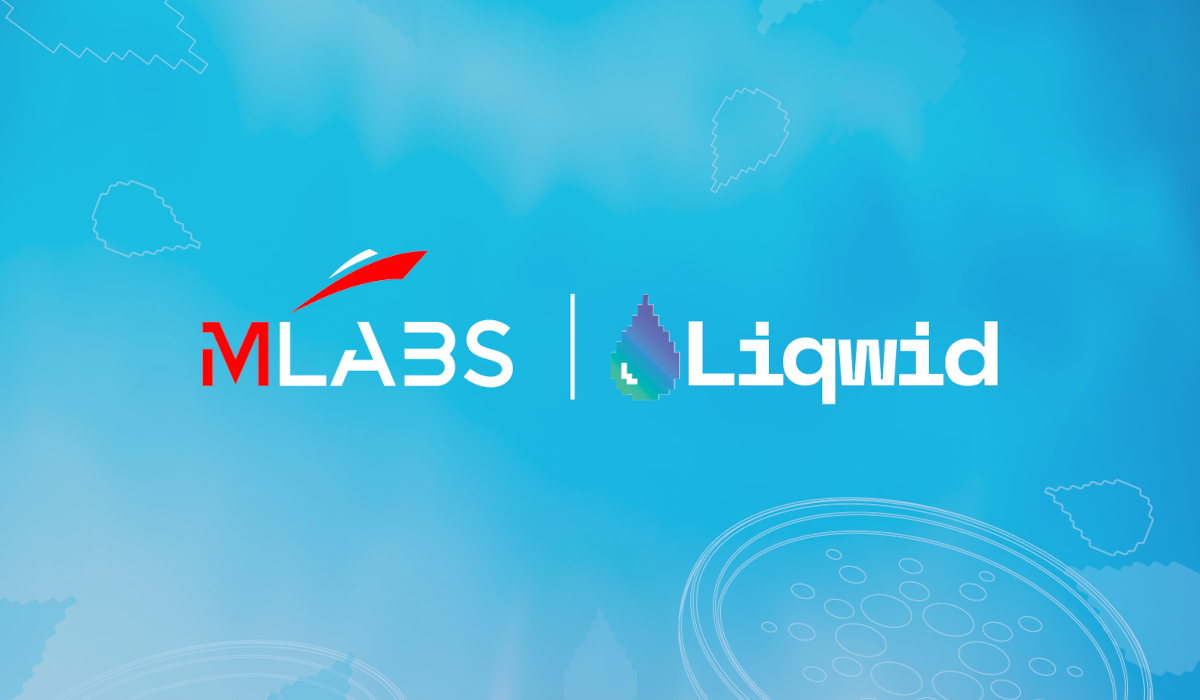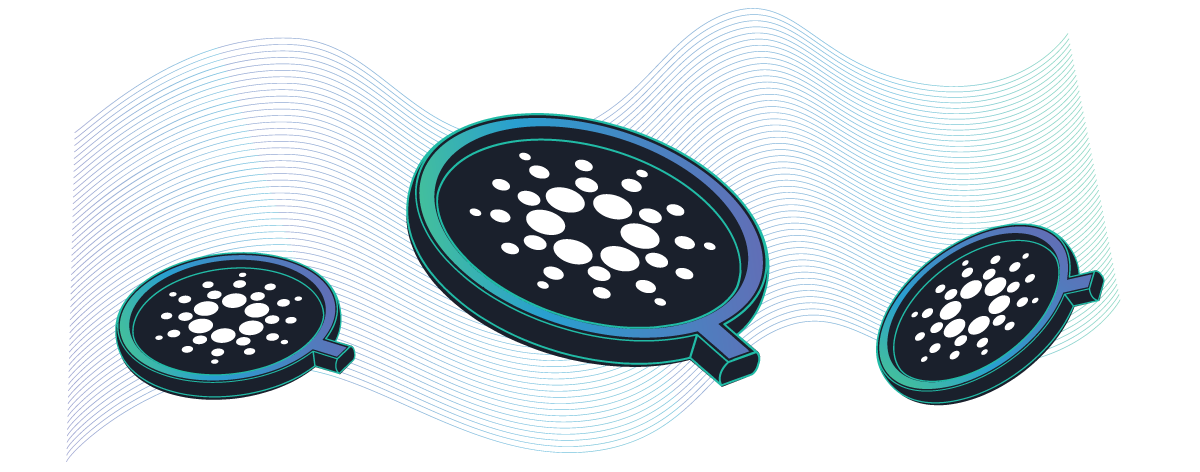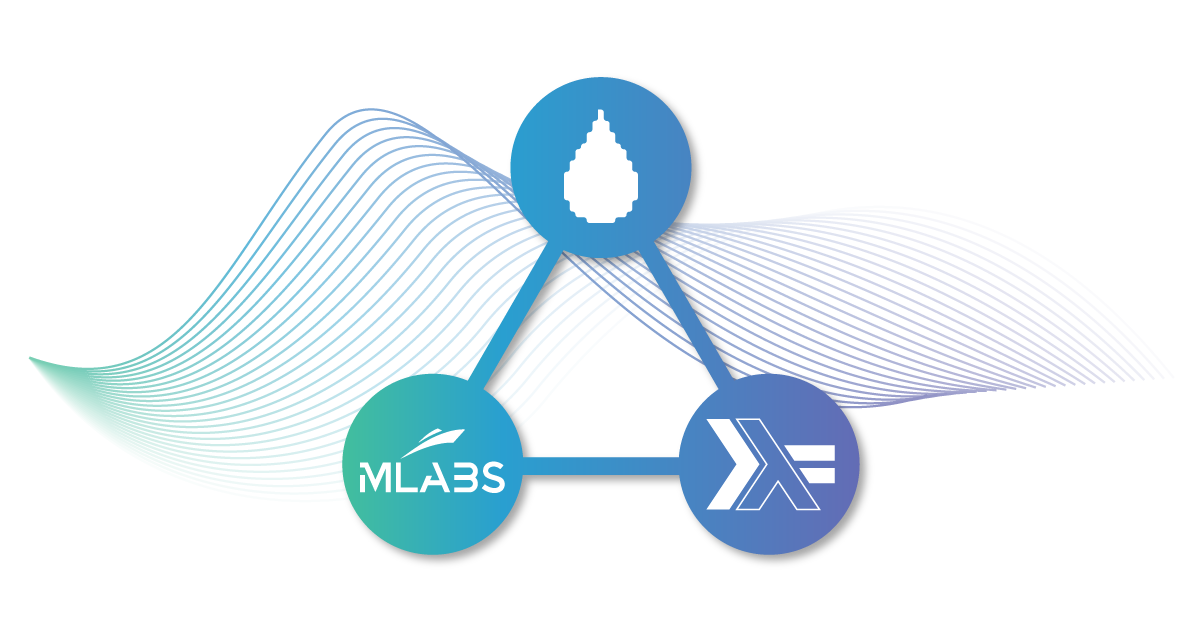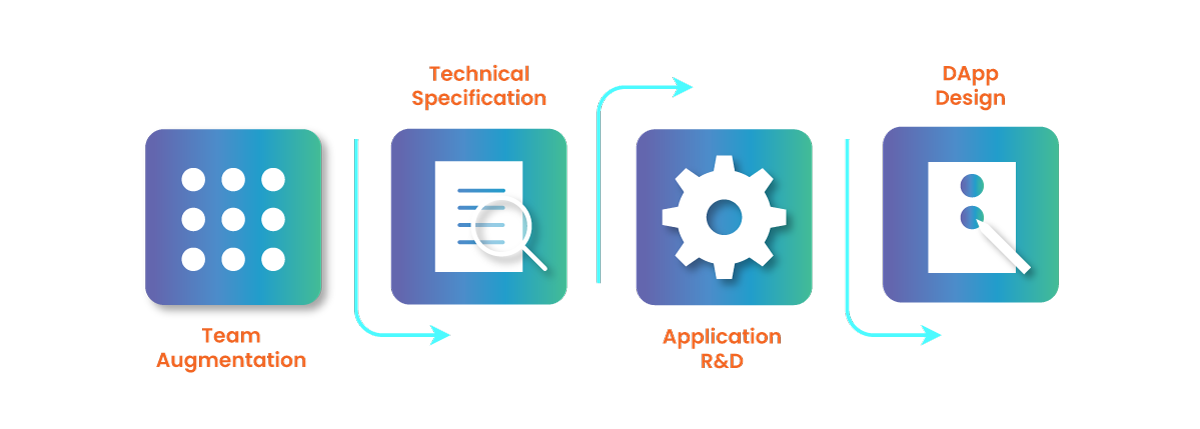MLabs Helps Liqwid Finance Take the Lead
Liqwid is a DeFi (Decentralized Finance) lending protocol building on the Cardano blockchain. The cutting-edge dApp (Decentralized Application) is secure and non-custodial, allowing users to lend and borrow funds while sidestepping the traditional concern of counterparty risk.
- DeFi lending protocol on Cardano
- Secure and non-custodial
- No counterparty risk
- Secure APY
- First-of-its-kind architecture (Agora)
The ultra-secure smart contract technology breakthrough of Cardano's Plutus Platform makes this possible, and Liqwid takes full advantage. Liqwid's fintech dApp boasts a first-of-its-kind architecture where lenders can easily and securely earn an APY on their cryptocurrency holdings.
Liqwid's Story: A Deep DiveCardano is a juggernaut among blockchains. Built by IOG, the chain commands a massive market capitalization and a leading position in the industry. When IOG announced in 2021 that dApp support was just around the corner, the news galvanized entrepreneurs. Project leaders scrambled to build effective teams.
Liqwid, however, was instinctually ahead of the curve. The project began the year before, the team having previously assembled a high-level vision and essential product design. A first mover, Liqwid gained broad support even before IOG's announcement, placing them far ahead of the pack.
Caught In a RiptideBut being a first mover comes with considerable challenges.
Blockchains rely on cutting-edge software, and Cardano is no exception. The chain borrows heavily from advanced functional programming techniques, and its backbone is built in Haskell.
A powerful, albeit niche, language, Haskell specializes in security and program robustness. Cardano smart contracts rely on Plutus, a DSL built in Haskell. This design decision has clear benefits, but its advanced structure means many teams struggle to execute. Even the Plutus team admits:
“Programming in Plutus is difficult and less intuitive than other languages. The Cardano model has a lot of advantages, but it requires a new way of thinking about smart contracts.”
- DeFi first mover on Cardano
- An innovator with the eUTXO model
- Novel governance model (Agora)
- Faced with early limitations
- Cardano can't support DeFi
Naturally, this implies tremendous opportunities as well as distinct obstacles - especially when it comes to sourcing talent. A limited pool of experienced developers meant Liqwid had to hustle to organize a well-rounded and talented team capable of delivering in Plutus.
Riding the Crest with MLabsSo, how does a pioneering team navigate turbulent waters? Staff augmentation and technical support from MLabs were the obvious answer.
Specializing in the technology powering Cardano, MLabs was a key partner of IOG as they introduced smart contract support. MLabs developed several essential tools and developer resources while simultaneously discovering and pioneering best practices.
Alongside MLabs, Liqwid brought their high-level product design into a technical reality, and the team demoed one of the earliest dApp prototypes on Cardano.
- Teamed with MLabs Haskell/Plutus experts
- Partnership smoothed early hiccups
- Brought high-level design into a reality
- Partnership improved Cardano DeFi
- CIPs 31-33
The beginning phase of development is always challenging, and it can be hard for teams to know they have it right. Fortunately, MLabs provided testing frameworks, enhanced compilers, and other first-of-their-kind tools for the initial development and R&D stages.
“We are so grateful to have MLabs and the incredible Plutus testing frameworks they create for Cardano developers. On-chain unit testing and resource estimation are crucial for DeFi.”
With expertise in hand, the Liqwid team realized the advanced solutions needed for their DeFi application. Even early on, Liqwid innovated a novel governance solution called Agora that has since been adopted by several others. The team also supercharged this solution using Plutarch, a highly efficient compiler developed by MLabs members.
Services employed- Team augmentation - Liqwid enhanced its team with professional MLabs developers.
- Technical Specification and Design - Liqwid employed MLabs to tailor its high-level design into an exact specification.
- Application R&D - Liqwid relied on MLabs R&D services to bring their product across the finish line.
DuckdivingAll in all, partnering with MLabs helped Liqwid dodge some significant setbacks. Originally, smart contract applications like Liqwid faced substantial challenges owing to Cardano's unique design. These issues halted development for many teams, and it seemed uncertain for a time whether DeFi on Cardano could thrive.
Fortunately, Liqwid worked with MLabs and other DeFi teams to identify the core issues obstructing dApp development on the chain.
The quorum launched a campaign to introduce necessary upgrades. The campaign was successful, and a hardfork upgrade in September 2022 integrated its suggestions. Liqwid was a crucial player in this transformation, constantly calling on the features needed for a robust DeFi ecosystem.
Liqwid's Progress NowWith expert engineering assistance from MLabs, the Liqwid team established itself as a preeminent dApp on Cardano. Over the last year, it has led the way for DeFi on the Cardano chain.
Liqwid successfully completed the final stages of testing and feature integration, launching on Cardano mainnet February 2, 2023.
- Established DeFi protocol on Cardano
- Over 59K Twitter followers
- Over 23K Discord members
- Successful airdrop early 2022
- Mainnet launch
Owing to its success so far, Liqwid has grown a substantial online community of nearly 60,000 Twitter followers and a Discord server hosting over 23,000 members. The protocol achieved a successful airdrop in early 2022, and the project is full steam ahead.





